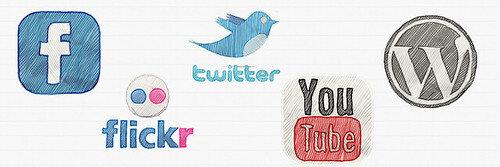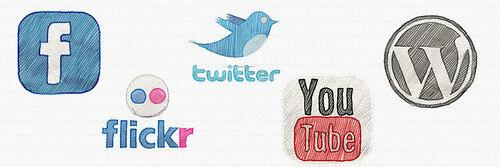Freedom of speech, granted to U.S. citizens by the First Amendment, was the subject of the great debate on Oct. 28. The CEOs of three major tech companies, Facebook, Google and Twitter, testified before Congress in a Senate committee hearing held that day. The purpose of the hearing was to address how these companies evaluate the content on their sites and discuss section 230, which is part of broader legislation called the Communications Decency Act.
COURTESY// SEAN MACENTEE
Specifically, section 230 defines the protection internet companies have for when they regulate user content. One component of it is especially important: “No provider or user of an interactive computer service shall be treated as the publisher or speaker of any information provided by another information content provider.” In other words, social media companies are not legally responsible for the information users post on their sites.
The New York Times reported that the hearing shifted quickly away from section 230 and on to various such as “antitrust concerns, privacy measures, the demise of local news, and diatribes about politicizing the policies of content moderation.” Nevertheless, it is critical to understand why section 230 is in place for internet companies and how altering it in haste could negatively affect social media users.
In his opening statement for the hearing, Facebook CEO Mark Zuckerberg spoke about how companies would be inclined to censor more content if Congress removes section 230 because they will be held legally responsible for it. Zuckerberg pointed out that there are added benefits of keeping section 230 in place, saying, “it allows platforms to moderate content. Without Section 230, platforms could face liability for doing even basic moderation, such as removing hate speech and harassment that impacts the safety and security of their communities.”
Google CEO Sundar Pichai and Twitter CEO Jack Dorsey echoed Zuckerberg’s view on section 230 in their respective statements, with Dorsey also adding, “In some circumstances, sweeping regulations can further entrench companies that have large market shares and can easily afford to scale up additional resources to comply. . . We must not entrench the largest companies further.”
In essence, without section 230 in place, social media companies explain that they will do what they need to protect themselves from the threat of being sued. The amount of information available to users will be significantly limited, and users’ ability to communicate as freely as they did prior to the removal of section 230 will also be reduced. Individuals cannot sue these companies if there is no content for the companies to be held accountable for.
It is crucial that Facebook, Google and Twitter continue to moderate user content, but responsibly. Section 230 ensures this and prevents internet companies from censoring content solely because it does not agree with their personal views. Free speech and social media are becoming increasingly intertwined with one another, and changing section 230 will do much more harm than good if it is not done with care. There is no question that internet companies should not be given free reign to control the public’s speech completely; however, they can not be prevented from removing harmful content, either.





































